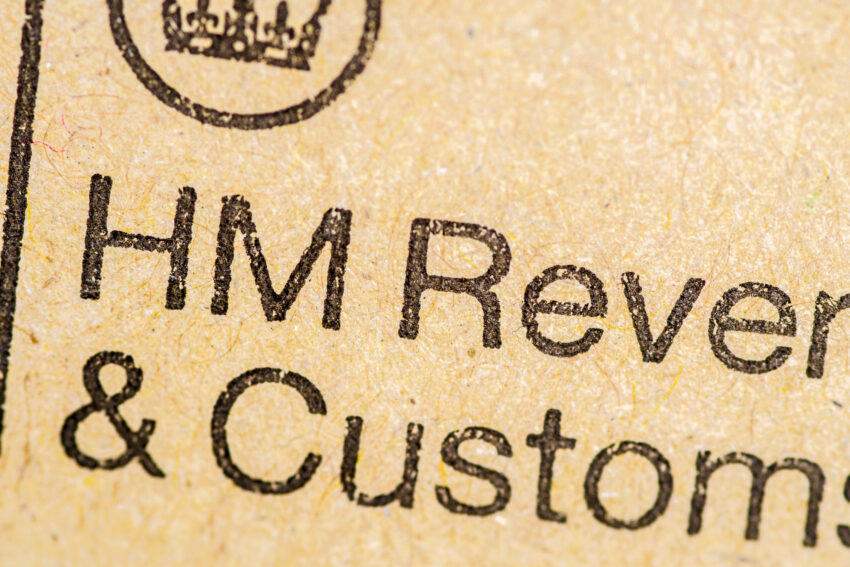Sleepy summer? 7 times UK politics went nuts over recess
LONDON — `Britain’s politicians are desperate for some rest after a hectic year. History suggests they might not be able to switch off for long.
As parliament empties for the usual summer recess, politicians hope to flee to the sun loungers and grab an easy beach read.
But there’s always a chance they’re forced to grab their suitcases and dash back to the Palace of Westminster if it all kicks off.
POLITICO takes you through seven times U.K. politics has blown up when everyone would rather be putting their feet up.
2024: Nationwide riots
Labour’s opportunity to bask in its post-election landslide glory came to an abrupt halt.
The murder of schoolgirls in the seaside town of Southport — and initially confused details about the perpetrator’s identity — sparked far-right rioting. Groups threatened to burn down hotels housing asylum seekers, police officers and vehicles were attacked and mosques were targeted.
A strong response by Keir Starmer and state authorities, which clamped down on criminal behavior, quelled rioting after just a few days. But the deep divisions the violence highlighted would become a continual challenge for the prime minister.
2022: Tory leadership election
Dreams of an uneventful August are more often than not ruined by heated Tory leadership contests. 2022 was no exception.
Following mass resignations from Boris Johnson’s government and his own eventual fall from grace, the country was treated to two contenders battling it out for the top job.
After the whittling down of hopefuls, Liz Truss (remember her?) and Rishi Sunak spent August parading up and down the country delivering the same speeches to party members. Highlights included protestors interrupting proceedings and Truss claiming the “jury’s out” on whether French President Emmanuel Macron was a British ally (yes, really).
2021: Afghanistan exit chaos
The U.K.’s almost 20-year presence in Afghanistan drew to a sudden close as U.S. President Joe Biden withdrew American troops and the Taliban returned to power. Both the House of Commons and Lords were recalled in mid-August to debate the situation, and then-PM Boris Johnson announced the U.K. would accept up to 5,000 refugees.
Then-Foreign Secretary Dominic Raab was heavily criticized for being on holiday in Crete as Afghanistan chaotically shifted back to Taliban rule, only returning to the U.K. after Kabul had fallen. The Sunday Times reported that Johnson allowed Raab to stay on holiday for an extra two days. Raab was demoted to justice secretary the following month. Thanks, boss!
2019: Brexit prorogation nation
Boris Johnson’s first weeks as prime minister of a country still agonizing over Brexit were dramatic. Commons Leader Jacob Rees-Mogg met Queen Elizabeth II at Balmoral in August to request she prorogue (effectively, shutter) parliament for five weeks — a bid to stop plotters opposed to Johnson’s Brexit program.

The move to shut down parliament was highly controversial. Then-Labour Leader Jeremy Corbyn even wrote a protest letter to the monarch, arguing the action was “not on.”
In September, the drama continued as the government’s decision faced legal action in Scotland and London. Eventually, the Supreme Court ruled the decision unlawful — right in the middle of Labour’s annual conference.
2016: Labour of (no) love
It’s hard to remember 2016 in the U.K. for anything other than the Brexit referendum and the fall of David Cameron. The Tories got their post-Cameron leadership battle done and dusted by the summer recess.
But Labour went for a major round of in-fighting as left-wing incumbent Jeremy Corbyn, deeply unpopular with his own MPs but a hero to Labour’s card-carrying members, faced a challenge from Owen Smith.
The two spent August going head-to-head over Labour’s future, as the centrist Smith argued Corbyn simply couldn’t lead the party to victory.
In the end, Corbyn won 61.8 percent of the vote, a decisive second victory with the membership. He went on to lead his party until Labour’s election rout in December 2019.
2013: Syria vote
Syrian President Bashar al-Assad’s chemical weapons attack in Ghouta prompted the recall of parliament at the end of August to determine the U.K.’s response. MPs debated whether to take part in military strikes against Syria before rejecting a government motion calling for action by 285 votes to 272, as numerous Tories were among the rebels and then-Labour Leader Ed Miliband chose opposition.
The vote inevitably strained the U.K.’s relationship with the U.S., as then-President Barack Obama had labeled the use of chemical weapons a “red line.” Across the pond, Congress was also resistant to military intervention in the wake of the Iraq debacle.
2011: London riots
The killing of 29-year-old Black British man Mark Duggan by police prompted days of rioting across London and the U.K. Protests soon gave way to widespread looting and arson.
Five people were killed while more than 200 people were injured and more than 3,000 people arrested. Then PM David Cameron was forced to cut his Tuscany holiday short at 3 a.m. while Boris Johnson as London mayor eventually returned from Canada.
Parliament was recalled and the PM pledged to increase police numbers and cancel officers’ leave. He condemned the violence as “criminality, pure and simple.” Johnson was famously handed a broom while inspecting some damage, an item which became a bit of a symbol as Brits helped with the clean-up.
And finally …
For a slightly gentler occasion when politics went a bit wild, cast your mind back to August 2017. No, not the aftermath of the general election when Theresa May lost her majority but … the silencing of Big Ben.
Contained within the Elizabeth Tower, the bell uttered what would be its last regular “bong” for five years while undergoing maintenance repairs. Then Labour MP Stephen Pound was reduced to tears — weren’t we all?




















:quality(85):upscale()/2025/10/09/670/n/1922283/00b944c868e7cf4f7b79b3.95741067_.jpg)
:quality(85):upscale()/2025/10/15/765/n/1922398/29c37a6e68efd84bb02f35.49541188_.jpg)
:quality(85):upscale()/2025/09/09/891/n/1922283/7222624268c08ccba1c9a3.01436482_.png)
:quality(85):upscale()/2023/10/03/668/n/1922283/1f15c8a9651c2d209e5eb5.32783075_.jpg)













:quality(85):upscale()/2025/07/10/708/n/1922398/8fe2782e686fe372b38bf8.29984296_.jpg)
:quality(85):upscale()/2025/01/08/844/n/1922398/cde2aeac677eceef03f2d1.00424146_.jpg)

